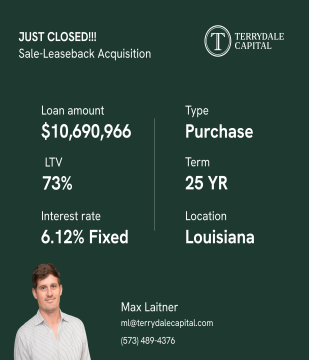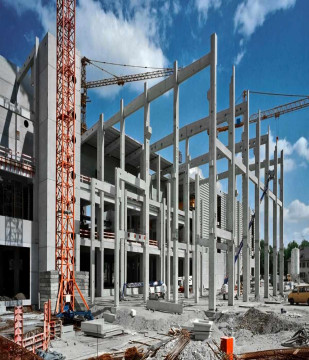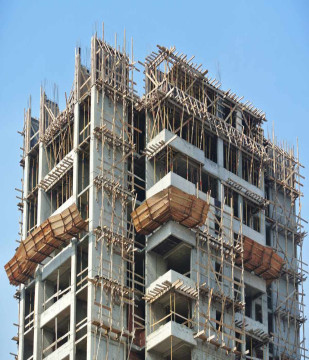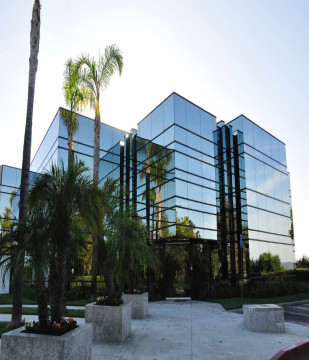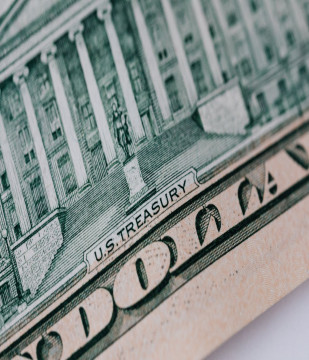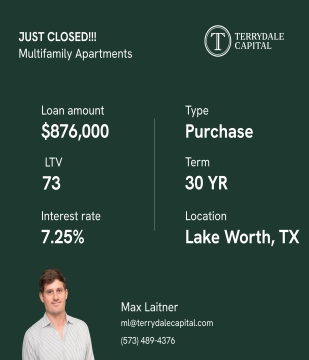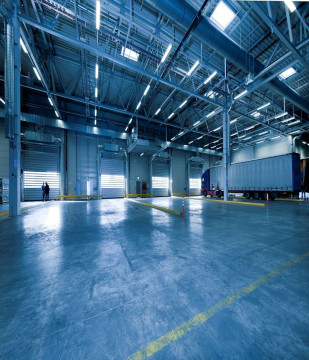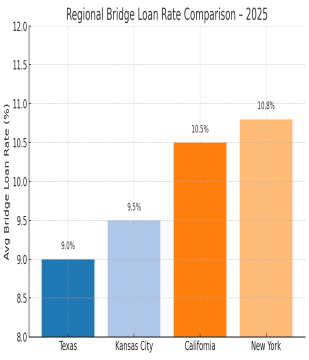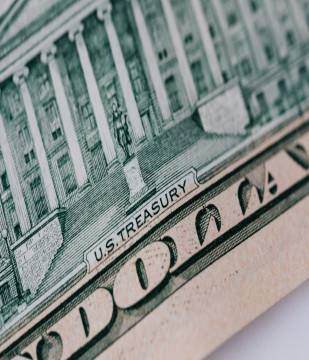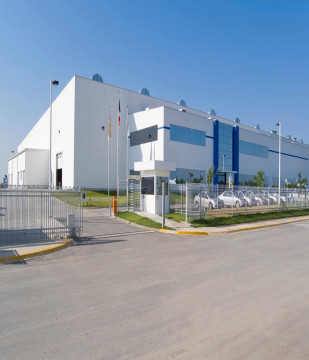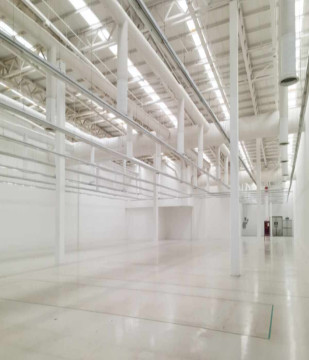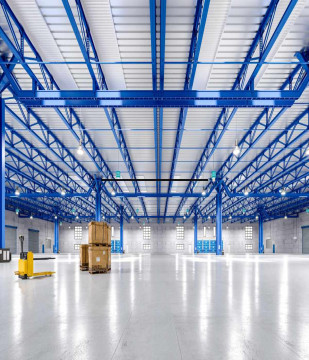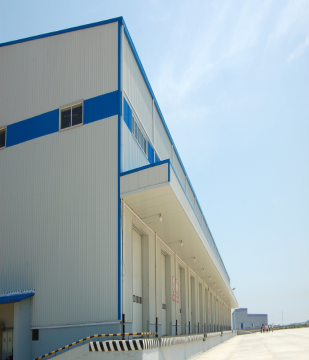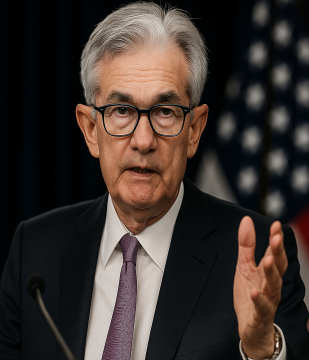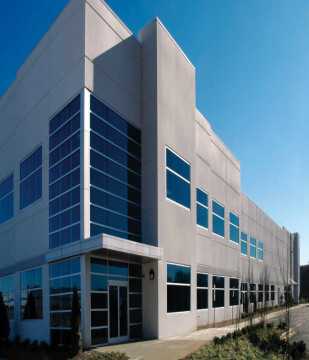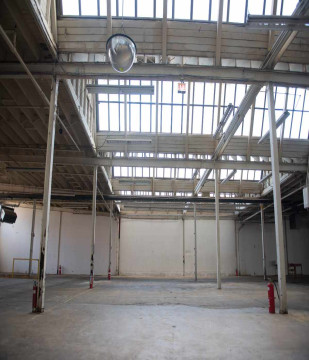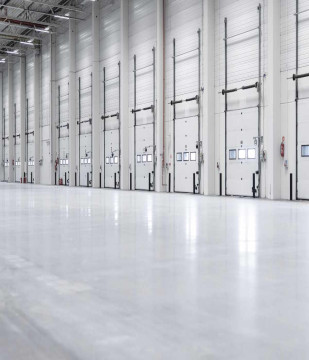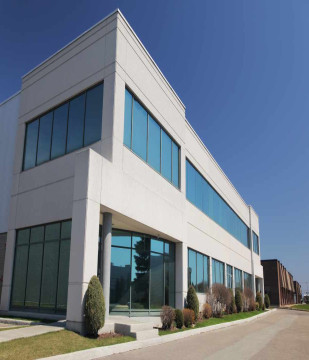How Tariffs and Government Policy Quietly Shape Business and Real Estate Lending

Terrydale Capital
Oct 20, 2025 8 Min read
 Learn
Learn
Why This Matters
You might think tariffs only affect trade. Or that government policy is just paperwork in Washington.
But both can quietly change whether a loan gets approved. Or not.
They shape who gets funding, how much it costs, and how hard it is to qualify.
If you’re trying to finance a building, grow your business, or buy a home—this affects you.
Let’s break down how tariffs and federal policy influence:
Commercial real estate loans
FHA, Fannie Mae, and Freddie Mac-backed mortgages
Small business loans through the SBA
Commercial Lending: Where Policy Meets Cash Flow
1. Policy Changes Hit Underwriting First
When federal regulators tighten rules, lenders follow.
Example: Fannie and Freddie recently started requiring deeper documentation for multifamily loans. More reserves. More rent data. (Source)
What used to take 30 days now takes 60.
Borrowers feel the slowdown. Lenders feel more cautious. Deals get harder to close.
2. Tariffs Drive Up Costs and Risk
Tariffs raise the price of imported goods—steel, lumber, even HVAC systems.
If you're building an office or apartment complex, those extra costs cut into your budget.
That makes your loan look riskier.
Now imagine you're a lender.
Would you rather fund a project with thin margins or one with some cushion?
Exactly.
SBA Loans: Small Businesses, Big Exposure
1. Tariffs Squeeze Margins
Many small businesses rely on imported inventory or equipment.
When tariffs raise prices, margins shrink. That weakens their loan applications.
Example: A bakery imports packaging from abroad. A 10% tariff forces it to raise prices or eat the cost. Either way, lenders worry about profit and repayment risk.
2. SBA Rules Keep Changing
The SBA has been tightening rules around citizenship, seller financing, and documentation.
If you’re buying a business using a 7(a) loan, and you planned to use a seller note?
You might hit a wall.
That’s the hidden cost of policy shifts: they often change mid-deal.
Housing and Mortgage Lending: The Fannie, Freddie, FHA Trio
1. Government Support Keeps Rates Low—Until It Doesn’t
Fannie Mae and Freddie Mac don’t lend directly.
They buy loans from banks and bundle them into mortgage-backed securities.
This gives lenders cash to make new loans—and keeps interest rates down.
But what if the government pulls back its support?
There’s talk of privatizing the GSEs. If that happens, interest rates on these loans could rise.
More cost, fewer buyers, slower market.
2. Tariffs Inflate Construction Costs
Tariffs don’t just affect business loans—they hit homebuilding too.
Imported lumber, wiring, fixtures—all cost more under tariffs.
That means homes cost more to build.
Appraisals might lag behind. Buyers may not qualify for the full amount. FHA limits may fall short.
How This Plays Out in the Real World
Case 1: Commercial Borrower
A developer wants a $2 million loan to build apartments.
Tariffs raise steel prices 12%. Construction costs jump.
Fannie Mae demands deeper underwriting. The deal slows down. The loan size shrinks.
Case 2: Small Business Buyer
An entrepreneur tries to buy a laundromat using an SBA 7(a) loan.
Tariffs raise the cost of imported washers and dryers.
New SBA rules tighten seller note requirements. The loan falls apart without more cash up front.
Case 3: First-Time Homebuyer
A family qualifies for an FHA loan to buy a new home.
But tariffs increase lumber and labor costs. The house appraises for more than the loan limit.
They’re priced out, or must bring more money to closing.
Strategic Takeaways
For Borrowers
Know your supply chain. If you depend on imports, you carry tariff risk.
Plan for underwriting delays. Especially for government-backed loans.
Watch policy announcements. Don’t get blindsided mid-deal.
Secure financing early. Before costs shift or rules tighten.
For Lenders
Rethink sector risk. Manufacturing and construction now come with tariff baggage.
Get ahead of rule changes. SBA and GSEs don’t wait for you to catch up.
Stress test more often. Inflation and delays are the new norm.
Your balance sheet
Tariffs and policy don’t just hit headlines—they hit your balance sheet.
They raise costs. They slow deals. They change who gets funding and who doesn’t.
But here’s the good news:
If you understand how they work, you can plan ahead.
And if you plan ahead, you get better terms, faster approvals, and fewer surprises.
That’s the power of knowing the game.
Partnering With Terrydale Capital
Terrydale Capital specializes in financing flex space industrial projects across Dallas, McKinney, Prosper, and DFW. Their team provides tailored solutions, helping investors secure industrial loans, construction loans, and bridge loans efficiently.
With expert guidance from Terrydale Capital, you can navigate the complexities of industrial property financing and turn your project vision into a profitable reality.
For more information and to start your financing journey, visit Terrydale Capital.
Partner With Terrydale Capital for Your Debt Financing Needs
When it comes to debt financing, understanding the right timing, process, and options is crucial. At Terrydale Capital, we provide a comprehensive range of commercial loan solutions tailored to meet your business's unique needs.













